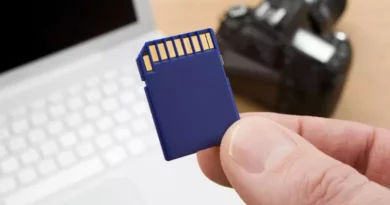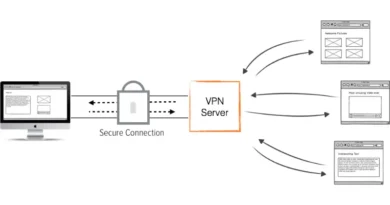Unity Game Development: Unleash Creativity and Build Immersive Experiences
Welcome to the exciting world of Unity game development, where imagination meets technology to create captivating interactive experiences. Whether you’re a seasoned game developer or an amateur, Unity proves to be a powerful and versatile platform for game development. In this in-depth article, we will dive into the intricacies of Unity game development, uncovering its core features and sharing expert tips. We will also walk you through the essential steps to craft unforgettable games that enthrall players. Unity game development companies in India exclusively use these steps.
From crafting visually stunning environments to implementing seamless gameplay mechanics, Unity empowers developers to create games for various platforms, including desktop, mobile, console, and virtual reality. So, buckle up as we explore Unity’s vast capabilities, uncovering the secrets to successful game development.
- Understanding Unity: A Powerful Game Development Engine
The first thing that a competent Unity game development company in India will acknowledge is that Unity offers tons of features and tools. It is a cross-platform game development engine that provides many features, tools, and resources to bring your game ideas to life. It offers a user-friendly interface, a robust scripting environment, and a wide range of asset management capabilities. Unity supports multiple platforms, including Windows, Mac, iOS, Android, and more. By leveraging Unity’s powerful engine, developers can create visually stunning 2D and 3D games, interactive simulations, and virtual reality experiences.
- Getting Started: Setting Up Unity for Game Development
You can download Unity for your system from the official website and create your account. After setting up Unity, it’s time to start with your first project and get to know the engine. Some key components are Scene view, Game view, Inspector, and Hierarchy. It would help if you learned about project structure organization and how to utilize Unity’s asset management feature effectively.
- Scripting in Unity: Unleashing the Power of C#
Scripting is a fundamental aspect of Unity game development, as it allows developers to create interactive gameplay mechanics, implement AI, and control various facets of gaming. Unity primarily uses the C# programming language for scripting, offering a high-level and versatile approach. Even though C# is an easy-to-grasp language, it would speed up your project development if you knew it beforehand. Learning about variables, functions, classes, and object-oriented programming concepts would be best. During the game development phase, you must explore how to create custom scripts to control player movement, implement game logic, and interact with the Unity engine.
- Building Game Worlds: Creating Environments with Unity
Creating captivating game environments is essential to engage players and provide immersive experiences. Unity offers powerful tools and features to design and build visually stunning game worlds. This section will cover various aspects of environment creation, including level design, terrain sculpting, lighting, particle effects, and asset integration. You will learn how to leverage Unity’s asset store, import 3D models, apply textures and materials, and optimize your environments for performance.
- Implementing Gameplay Mechanics: Breathing Life into Your Games
Gameplay mechanics define the core experience of a game. As a developer, you’ll explore how to implement player movement, controls, collision detection, physics simulations, and other gameplay elements using Unity. You will learn about Unity’s built-in components, such as rigid bodies, colliders, input managers, and animation systems. These will allow you to create all the crucial components of your game.
- Polishing Your Game: UI/UX and Performance Optimization
A polished and optimized game can significantly enhance the player’s experience. UI/UX and performance optimization help boost the players’ user experiences. Take your time to learn about UI design principles, creating menus, HUDs, and in-game feedback systems. In addition to optimizing game performance, there are other aspects, including asset optimization, memory management, and frame rate optimization. These ensure your game runs smoothly on all platforms.
- Publishing and Monetization: Sharing Your Game with the World
Once your game is ready, it’s time to share it with the world. Different publication processes exist for platforms like mobile devices, consoles, and desktops. As the game owner, you’ll need to understand these processes and prepare your game for distribution, promotions, etc. You’ll also need to leverage Unity’s monetization features like in-app purchases and advertisements.
Conclusion:
Unity game development offers a world of possibilities for both aspiring and experienced developers. When you master Unity’s tools, scripting capabilities, and best practices, you can unleash your creativity and build immersive experiences that captivate players across platforms.
The above tips come from the best Unity game development company in India. Armed with this knowledge, it’s time to embark on your journey to create incredible games and leave your mark on the vibrant game development world.



